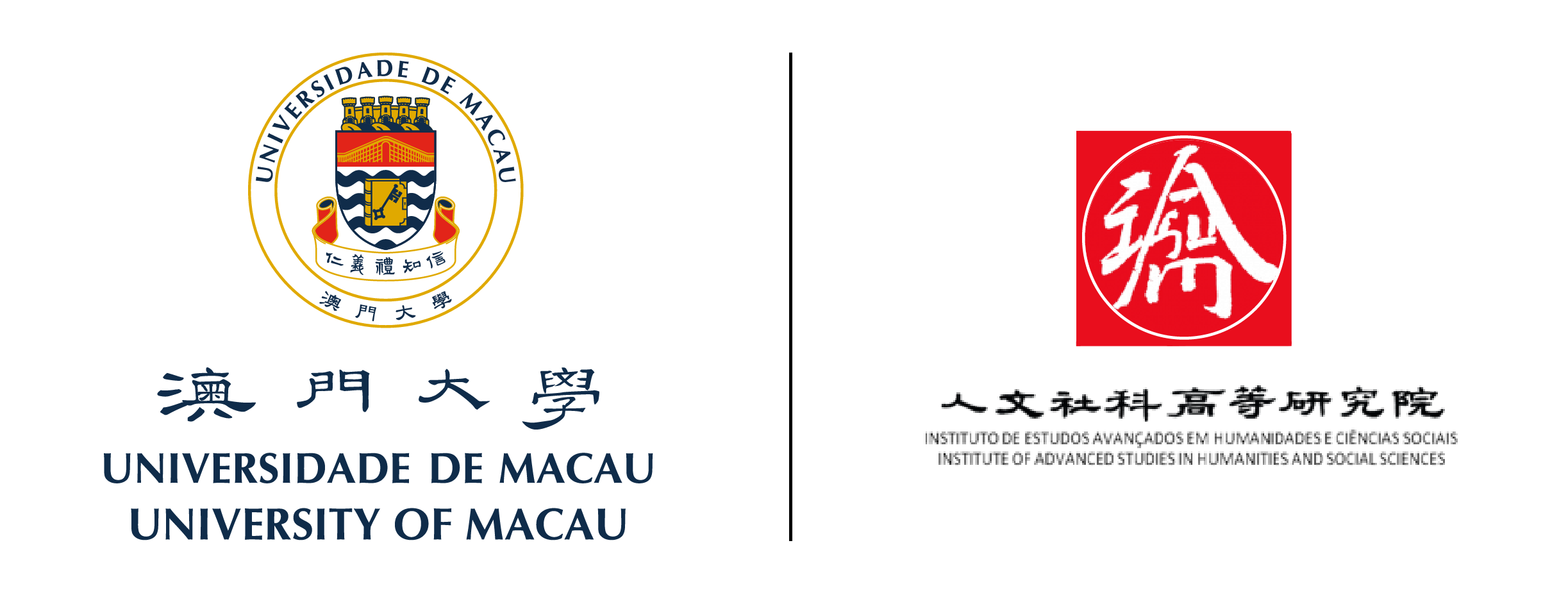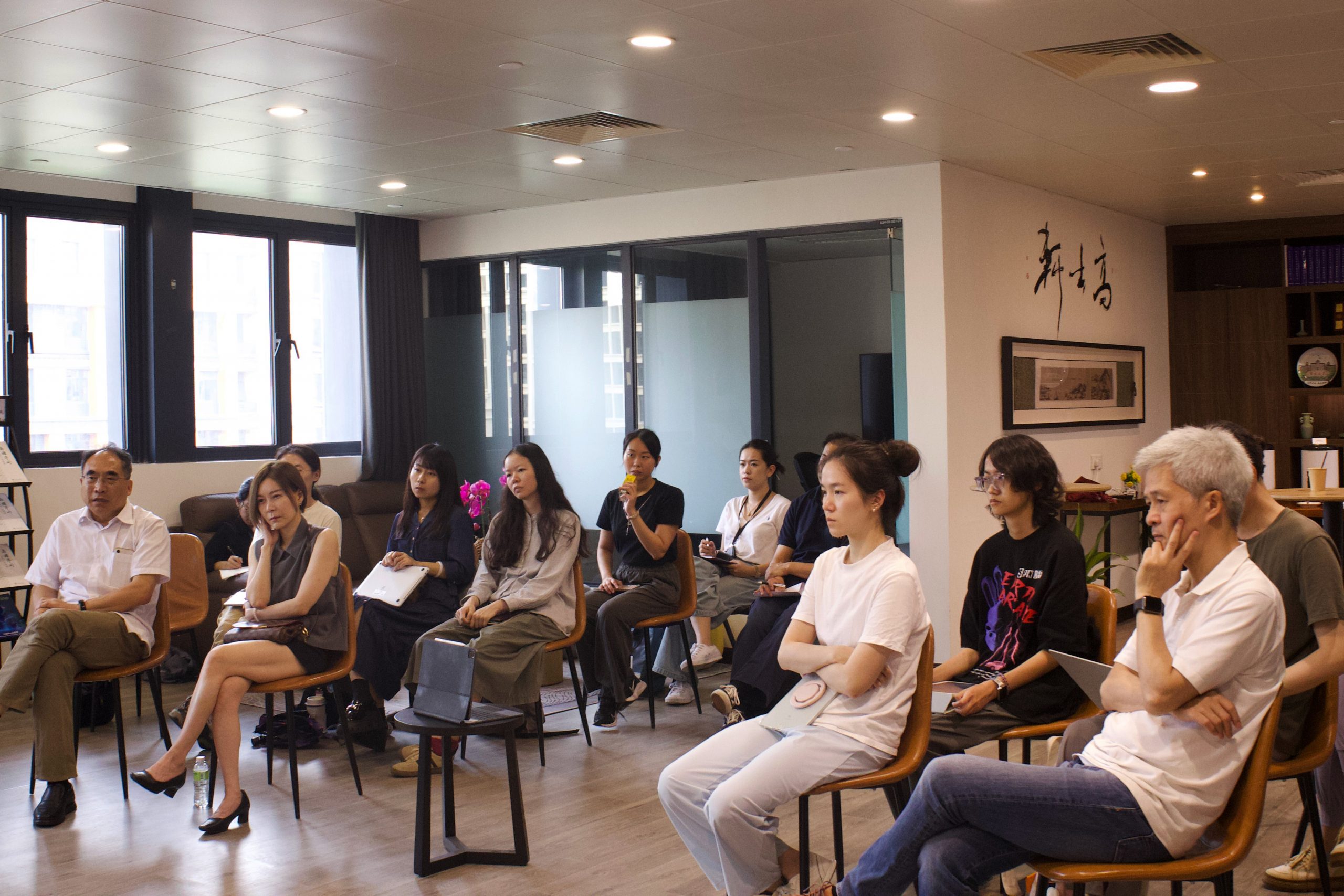
On June 13, the Institute of Advanced Studies in Humanities and Social Sciences (IAS) at the University of Macau successfully hosted a discussion as part of the UM Distinguished Visiting Scholars Series, featuring Professor Nianqun Yang, Professor at the Institute of Qing History, Renmin University of China, and Changjiang Distinguished Professor, Ministry of Education. Moderated by Professor Xingzhong Yu, Director of IAS and Chair Professor of the Faculty of Law, the event fostered vibrant and in-depth academic exchanges.
Professor Yang focused on the application of “middle-range theory” in Chinese historiography, highlighting the challenge of adapting Western theories to native contexts. He presented the middle-range theory as a dynamic framework bridging macro and micro perspectives, avoiding the oversimplification of materialist historiography and the fragmentation of regional social history. Using his work Remaking Patients —Space Politics Under the Conflict Between Chinese and Western Medicine (1832-1985) as an example, he demonstrated how spatial perspectives reveal interactions among body, institutions, and culture in medical history, emphasising relational dynamics over static descriptions to deepen understanding of Chinese history.
Participants raised questions about the middle-range theory’s relation to grand narratives, the balance between historical materials and theory, Buddhism’s impact on China, and the role of individuals in history. Yang responded that the middle-range theory is a dynamic, experiential framework, not a fixed category, focusing on linking institutions, spaces, and individuals. He viewed materialist historiography as contextually useful but not universally optimal, noting that regional social history and historical anthropology offer fresh perspectives on modernisation. On Buddhism, he argued its influence was absorbed by Chinese culture, unlike the transformative impact of Western modernity. Regarding individuals, he emphasised that history should examine the contextual interactions between actions and structures, rather than focusing solely on personal experiences.
The discussion inspired participants to rethink historiographical methods and encouraged them to explore innovative, localised, and interdisciplinary approaches in Chinese historical research.




